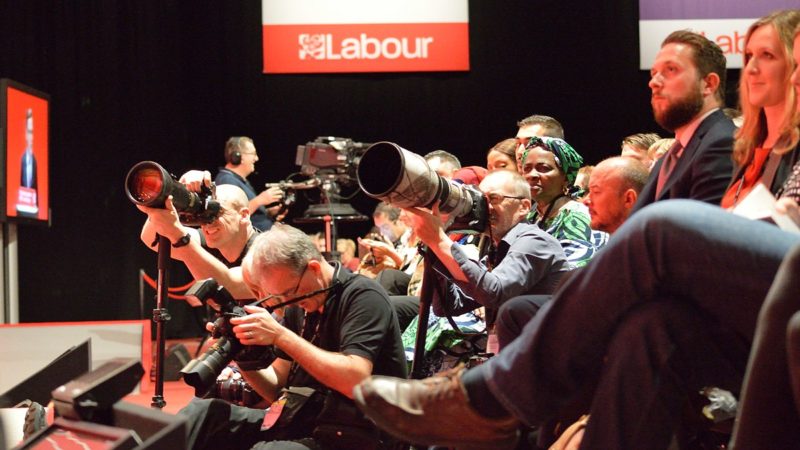Words like "Neoliberal" and "Trotskyist" are thrown around too easily.

It didn’t take long for the labelling to begin after the Labour leadership election.
In fact, some couldn’t wait for the result to be announced, with the accusation a of being a “Blairite, neo-liberal” being thrown at the not-yet-elected Sir Keir Starmer on the Friday before the winner was announced.
How many times in Labour Party meetings have members listened to speakers decry “neo-liberal” policies of the Conservative Government and the last Labour Government without any reasoning?
“Neo-liberal”, “Trotskyist, “Tory-light” are labels which have been used too often without explanation: the meaning of these labels – what makes a policy neoliberal – is assumed, implied, but rarely stated. This is bad for debate and it is bad for policy.
Labels are used as a negative instrument to denounce something or someone without the need for reasoning. Lazy rhetoric does away with the need for analysis and scrutiny, reasoned critique of pros and cons.
An idea, a policy or a person is automatically guilty by association and must be rejected and discarded. The use of cheap labels has shut down wider debate and helped turn a broad church to narrow factionalism.
Slogans without substance are a characteristic of populism and symptom of the fake news era, be it on the left within Britain’s Labour Party or America’s Democratic Party, or in the speeches of Donald Trump.
Although labels have a long history of use within political rhetoric, the crudeness with which they are used often as a substitute for rational debate is a peculiar feature of modern times.
Perhaps the digital era has made things worse: When the characters in a tweet are limited, it helps to be able to distil complex ideas into single word absolutes.
The connotations labels carry fuel the politics of absolutism – a policy is inherently good or bad, you are either with us or against us. This is dangerous, not just because it cultivates divisiveness, but it a force to shut down reasoned argument and close of debate.
Policies can be dismissed without due consideration, written off by factions as “Blairite” or “Corbynite”. Over the past five years, the free use of the term “neoliberal”, usually without explanation or justification for why the label applies, has obstructed rational argument.
Its effect of blocking rational debate makes the politics of labels devoid of substance. Labellers judge policy not by its achievements and ability to promote social justice and prosperity, but a pre-determined black and white lense.
On the left, this lens has said: public sector good, private sector and profits bad. Concepts such as earned and unearned wealth, efficiency and effectiveness have been disregarded.
The blanket imposition of such a lens without consideration to circumstances leaves no room for collaboration or consensus.
Only through engaging in reasoned discussion will we find the solutions to the challenges the country faces: narrower debate and intolerance means worse policy, and that is a problem for a party which aspires to govern.
The dawn of new leadership with broad support and a huge mandate across the party is a chance for Labour to ditch the labels, open up discussion to all points of view and listen to each other again. This will give us more substantial and more collegiate debate, the return of rational, respectful politics, where the merits of others’ ideas are acknowledged and discussed.
The Labour Party needs to draw on ideas from across our broad church now more than ever. Only through a wider, more substantial debate will a renewed Labour Party build a policy platform to fix the social and economic problems that drove the Brexit vote of 2016. This is how Labour can win the next general election and it is the party we must now build.
Edward Jones is a Labour activist and political consultant
To reach hundreds of thousands of new readers we need to grow our donor base substantially.
That's why in 2024, we are seeking to generate 150 additional regular donors to support Left Foot Forward's work.
We still need another 117 people to donate to hit the target. You can help. Donate today.



